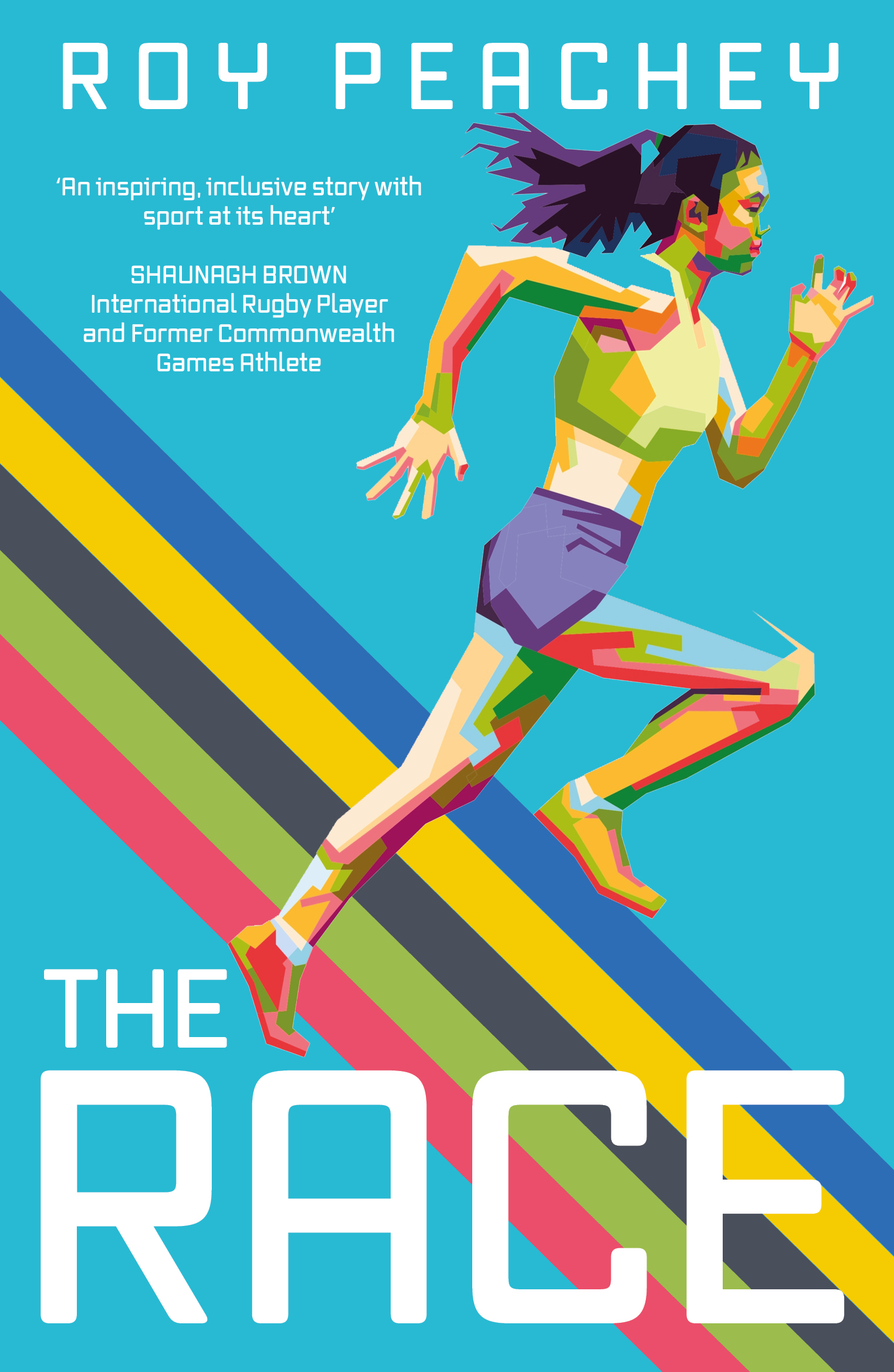The Race by Roy Peachey- Q&A
With so many inspiring sporting events taking place this year, it is a great time to read books featuring sporting heroes and past events. The Race by Roy Peachey is published by Cranachan Publishing and is available now. We were recently given the opportunity to ask author Roy Peachey a few questions.
The Race is written as a dual narrative – was this a challenge to write?
Yes, it was a challenge. Eric Liddell’s story is relatively well known thanks to Chariots of Fire, but I was as keen as everyone else to find out what happened to the fictional Lili. Once I had got to know her and her world, I was able to settle back and enjoy her story as I wrote it. Writing the Eric Liddell chapters was more of a challenge, partly because I had to get the history right, but mainly because those parts of the book had to sound historically authentic while remaining accessible to younger readers. This was the part of the book where I did most re-drafting.
What was it about Eric Liddell that inspired you to write about him?
The more I read about Eric Liddell the more he sounded like an absolutely amazing guy. No one had a bad word to say about him. Even writers who were fiercely critical of their fellow prisoners in the Japanese prison camp during World War II sang his praises. What particularly impressed me was what he did after the 1924 Olympics. While still a university student, he had played rugby for Scotland and won Olympic gold, but rather than profiting from his success, he followed what he believed to be God’s call and went back to China, the land of his birth, as a missionary. Time and time again, he put others before himself, saving lives and inspiring hope in those who had lost it during the bleak war-torn years. It was the story of these years – the story that Chariots of Fire didn’t address – that I wanted to tell.
What are the parallels between Lili and Eric?
Lili and Eric had a lot in common. They were both born in China before moving to Britain, in Lili’s case because she was adopted by her Scottish mum and English dad, and in Eric’s because his parents sent him to Britain for his education and to remove him from the dangers missionaries still faced in China at that time. Eric later returned to China and died there, so he could fairly claim to be both Chinese and British. That was important to Lili, who, as she negotiated her own complex national and personal identity, realised that she was proud of being both Chinese and British. But the parallels go further than that. They both face great challenges. They both discover that the race for which they had been preparing wasn’t the one that truly mattered. And they were both fundamentally good people.
The reviews published already are full of compliments and praise. Do you read reviews or avoid them?
Yes, the reviews have been lovely (and humbling)! I do read reviews because there’s no point in writing a book that is never read. I’m also intrigued to see what it is about The Race that readers have particularly enjoyed. I think I’ve also got thick enough skin to cope with any criticisms, though I might be kidding myself, of course!
What have been your highlights and challenges of the publication journey?
There have been several highlights. Having the manuscript accepted in the first place was very exciting, as was seeing the front cover for the first time. Anne Glennie at Cranachan has done a wonderful job in producing a book that really looks the part (and she’s also a great editor and encourager.) I had to wait many years before I had my first book published, so I’ve been able to enjoy the whole experience now that everything has fallen into place. The main challenge, I guess, is planning for what happens next. I’ve written various manuscripts and have lots of ideas, so I hope more books will follow soon.
The Olympics is the next big sporting event to take place – what sporting events will you be looking forward to most?
I was lucky enough to see some hockey and table tennis at the London Olympics, so I’ll keep an eye on them this year. I also enjoy seeing some sports that don’t normally get the coverage they deserve. But you can’t beat the sprints for heart-thumping excitement!
What can children learn from watching sporting events?
That’s a really interesting question! I think children can learn a great deal from watching how sportspeople respond to disasters as well as triumphs. There’s a great scene in Chariots of Fire when Eric Liddell is preaching in a small Parisian church, which is intercut with scenes of his team-mates competing at the Olympics. Suddenly all the successes and failures are seen from a higher perspective. Another way of putting it would be to say that Liddell ran to win but winning wasn’t everything for him, which is what made him great. So my advice would be to widen your view. Don’t just focus on the winners. The real stories and the real triumphs often take place away from the camera’s gaze.







Leave a Reply
Want to join the discussion?Feel free to contribute!